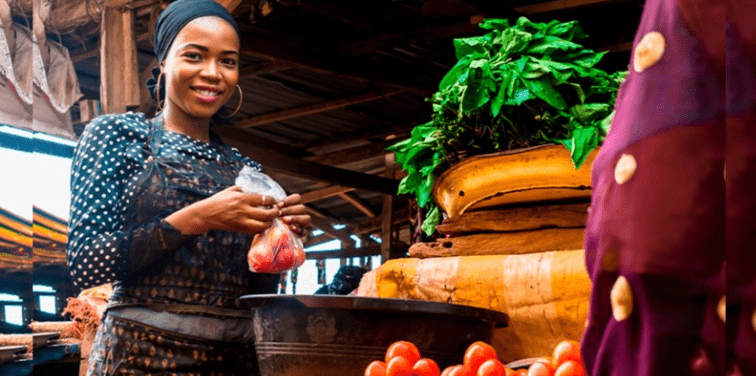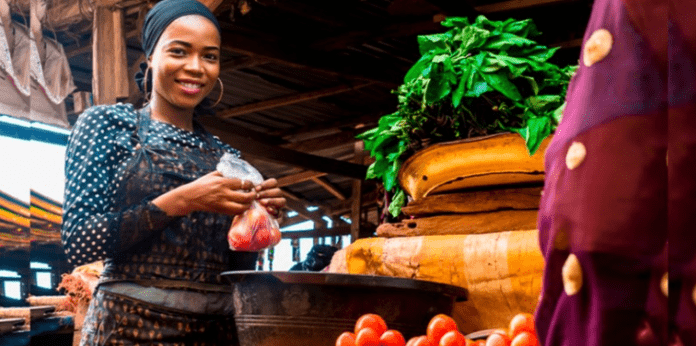Facebook Twitter (X) Instagram Somali Magazine - People's Magazine
African SMEs grapple with $330bn financing shortfall, a staggering gap that continues to stifle the continent’s economic potential despite their critical role in job creation, innovation, and poverty reduction. Small and medium-sized enterprises (SMEs) account for over 90% of private sector businesses in Africa and contribute up to 50% of GDP in many countries, yet they remain the most underserved segment when it comes to access to finance.
According to recent data, the SME financing gap in sub-Saharan Africa alone is estimated at $331 billion, with many businesses caught in the so-called “missing middle”—too large for microfinance institutions and too small or risky for traditional commercial banks. This persistent shortfall is not just a financial issue; it’s a structural barrier that limits economic inclusion, stifles entrepreneurship, and slows down the continent’s development trajectory.
The reasons behind the gap are multifaceted. Many African SMEs lack formal credit histories, collateral, or the financial documentation required by banks. Others operate in informal sectors or rural areas where financial institutions have limited reach. High interest rates, currency volatility, and regulatory hurdles further complicate lending, making it difficult for SMEs to secure the capital they need to grow.
While traditional banks remain cautious, a new wave of non-bank lenders and fintech platforms is emerging to fill the void. These players are experimenting with innovative lending models, including productive asset-backed financing—loans secured by income-generating assets such as motorcycles, agricultural equipment, or delivery vehicles. This model has gained traction due to its lower default risk and strong repayment incentives, as borrowers’ livelihoods often depend on the financed assets.

Companies like MAX, Mogo Africa, and Watu have scaled rapidly by offering vehicle financing to informal workers in ride-hailing and logistics sectors. Meanwhile, B2B commerce platforms such as Wasoko and MaxAb are extending working capital loans to small retailers, using transaction data to assess creditworthiness. These models are helping to unlock capital for SMEs that would otherwise be excluded from formal financial systems.
Despite these promising developments, the bulk of funding still flows to a handful of large, established non-bank lenders. In 2023, out of the $1 billion raised by African non-bank lenders,
$750 million went to just a few players in deals exceeding $75 million. This concentration of capital leaves smaller, early-stage lenders struggling to scale, limiting the overall impact on SME financing.

